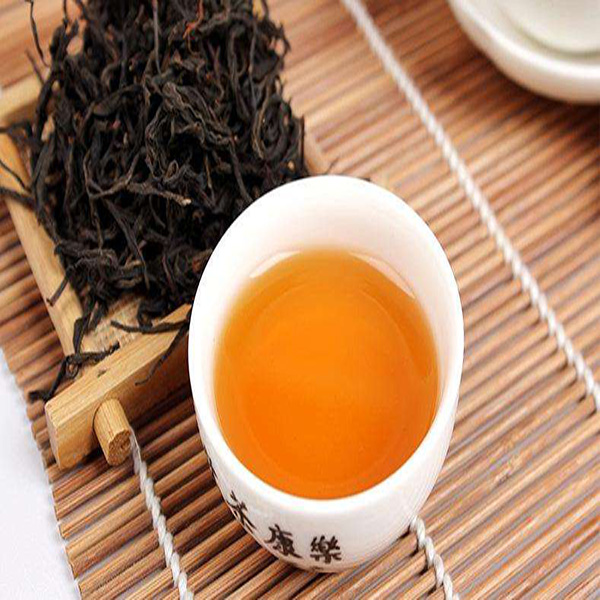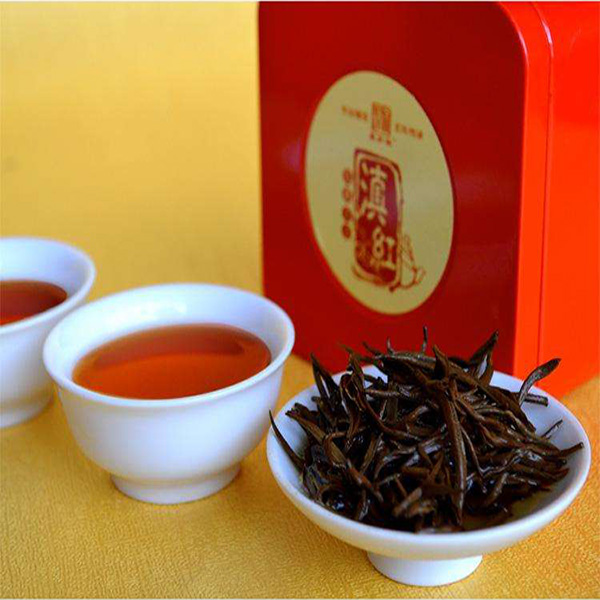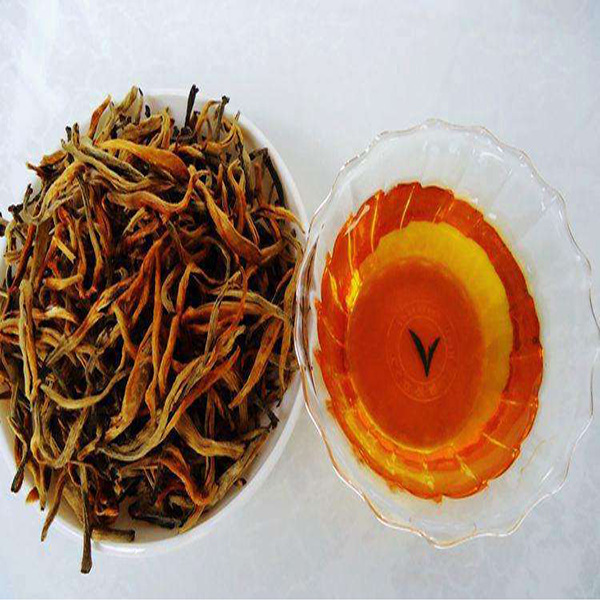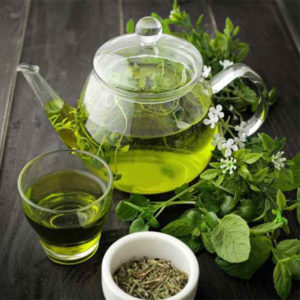Black tea is named for the red color of tea soup and leaf base boiled. It is a kind of fully fermented tea, which is made of the buds and leaves of tea tree and by going the refined typical processes like wilting, rolling, fermentation, and drying. After fermentation, the chemical reaction by polyphenols in black tea was reduced by more than 90 percent, and new components such as theaflavins and theoglobin were produced.
Nutrition Value
Black tea is rich in carotene, vitamin A, calcium, phosphorus, magnesium, potassium, caffeine, isoleucine, leucine, lysine, glutamic acid, alanine, aspartic acid, and other nutrients. During the fermentation process, the chemical reaction by polyphenols causes great changes in the chemical composition of fresh leaves, which will produce theaflavins, theoglobin, and other components, and the aroma of which is significantly increased to form the unique color, aroma, and taste of Black Tea.
Product Efficacy:
Black tea helps in digestion, increasing appetite, eliminating edema, and strengthening the heart. Black tea is “rich in flavonoids that fight free radicals, with the effect of anti – acidification and reducing the incidence of myocardial infarction and myocardial infarction.
- Allaying tiredness
- Promoting saliva serection and remove heat
- Diuretic
- Anti-inflammatory and bactericidal
- Detoxification
- Strengthening bones
Notes and Tips:
Notes:
- Suitable for: people with a cold body, bad stomach function, and cardiovascular disease.
- Contraindication: patients with stone disease, tumors, and anemia.
Tips:
- Do not drink black tea within 1 hour before or after taking the medicine.
- Chinese Ginseng and American ginseng should not be eaten together with black tea.
- Avoid drinking strong tea to relieve alcohol.
- Don’t drink black tea before meals; Don’t drink black tea immediately after dinner.










